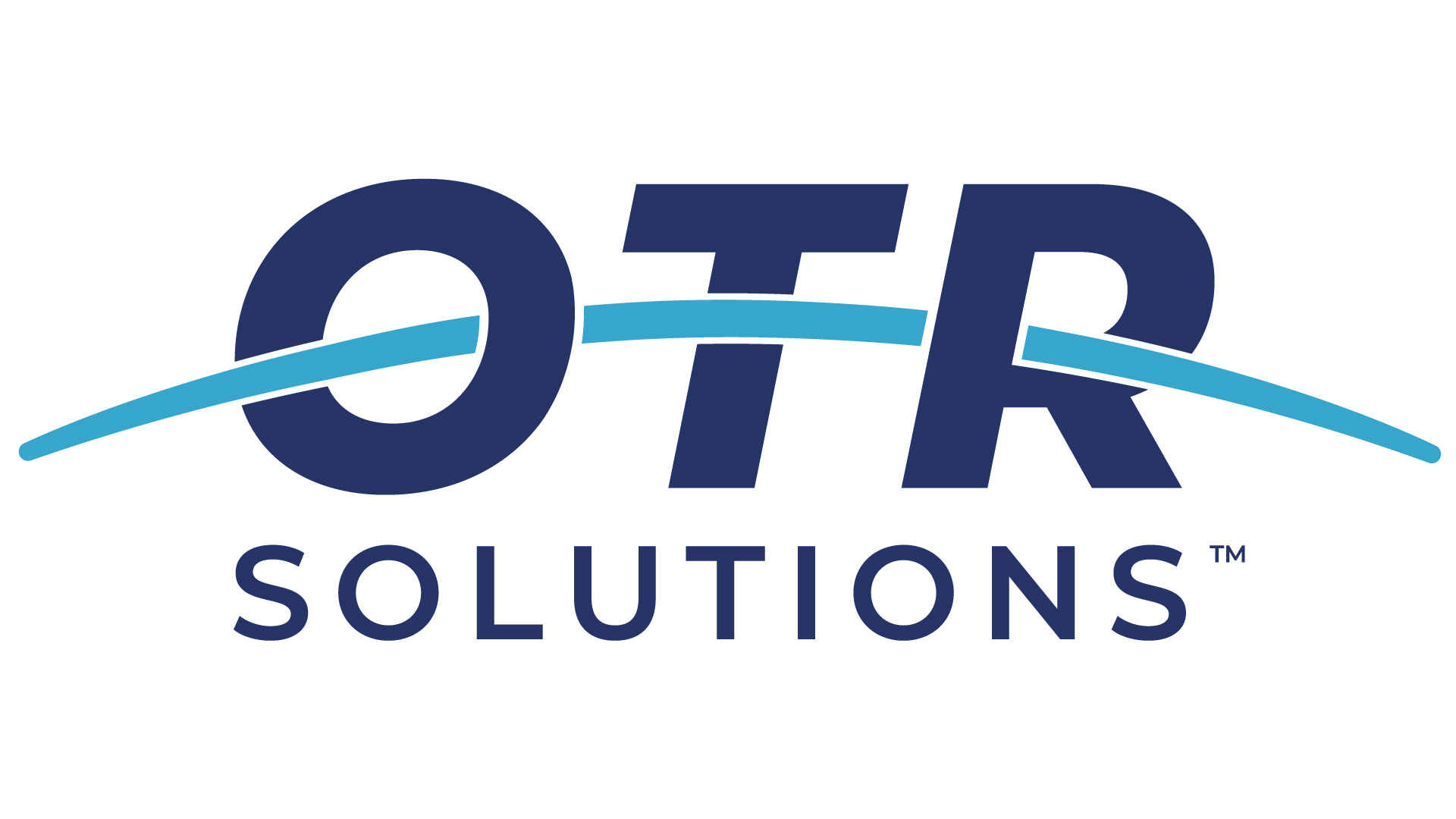If you’re confused by recourse vs. non-recourse factoring, you’re not alone. With all types of invoice factoring, a factoring company — also called a factor — is responsible for collecting unpaid or past-due invoices. Trucking companies and other businesses use this method to outsource debt collection.
With recourse factoring, you’ll still be responsible for the debt if it remains unpaid. With non-recourse factoring, the factoring company assumes responsibility for the debt, usually for a higher fee.
Here we’ll break down further differences to help you decide whether recourse or non-recourse factoring is best for your company.
What is recourse factoring?
Invoice factoring is the process of collecting outstanding debts from customers. Invoice factoring companies function a bit like collections agencies. Recourse factoring is the most common type of invoice factoring. In recourse factoring, as with freight factoring, a factoring company makes every effort to collect a debt on your behalf. However, your company is still ultimately responsible for the debt.
In recourse factoring, the invoice factoring company will buy your invoices and try to collect the amount owed from the original customer. While you won’t get the full amount of the invoice, the advantages are simple:
- Getting money now improves the immediate revenue stream
- Some money is better than no money at all
With recourse factoring, you may sell a customer’s unpaid invoice to an invoice factoring company for a reduced rate. However, with recourse factoring, if the original customer doesn’t pay these invoices in the time set by the factor, the original business must buy back these unpaid invoices.
In other words, while the factoring company will work on your behalf to collect the debt, with recourse factoring, you, the business, are ultimately responsible for any invoices that remain unpaid.
What is non-recourse factoring?
The other option for companies to consider in invoice factoring is non-recourse factoring. With non-recourse factoring, the factoring company assumes the majority of the risk in handling your unpaid invoices.
In an ideal situation, you would be able to sell your unpaid invoices to a company that offers non-recourse factoring and be guaranteed the agreed-upon payment regardless of whether the invoice factoring company was able to collect the bill.
But companies should beware and read the fine print. Some invoice factoring companies have stipulations and restrictions associated with their factoring services. For example, some companies only offer non-recourse factoring when the client has declared bankruptcy. Other companies will only accept non-recourse factoring on companies with excellent credit scores.
Comparing recourse vs. non-recourse factoring
Which of these two invoice factoring methods is right for your company? Below you’ll find our comparison between recourse vs. non-recourse factoring so you can choose the right option for your business.
Credit requirements
When determining eligibility for invoice factoring, most companies will evaluate the customer’s credit score. If you have a client that hasn’t paid their bill, your ability to choose recourse vs. non-recourse factoring may depend on the company’s financial health.
Companies with high credit scores are more likely to be accepted for non-recourse factoring.
For clients without a high credit score, recourse factoring may be your only option. If you’re dealing with a business with exceptional credit, recourse factoring may be the best. However, with clients that have declining credit, recourse factoring will usually be your only option.
Fees
Invoice factoring companies protect their profit margins with fees. Because non-recourse factoring companies assume more risk than their counterparts, their fees are usually significantly higher. For some companies, even with the higher fees, resource factoring is a better choice.
If you need to mitigate risk, non-recourse factoring is worth it. Just make sure your company can absorb the higher cost of these services and that the financial returns benefit your total business picture.
Risk and liabilities
Your business assumes less risk than non-recourse factoring. A non-recourse factoring agreement assumes the risk on your behalf. On the other hand, in recourse factoring, your business is responsible for the unpaid invoice whether the factor collects payment or not.
Non-recourse factoring is the clear choice for receiving payment on unpaid invoices, assuming the client and the situation make you eligible to choose non-recourse invoice factoring. Be sure to understand the terms and conditions that may limit your ability to pursue non-recourse factoring.
Contracts
Contractual obligations vary by company. Some invoice factoring companies require long-term contracts while others work on a short-term or per-client basis. Likewise, some factoring companies will only work with established businesses. Make sure to check your contract carefully before making your final decision.
In general, recourse factoring will typically require a longer contract than non-recourse factoring. Recourse factoring companies often require multi-year contracts, while non-recourse companies are more willing to offer their services without long-term contracts.
Volume commitment
Premium services are generally offered to larger companies. It is not often worth it for these companies to take on a single high-risk client. Recourse factoring companies will typically have a minimum volume requirement that you’ll need to meet before you can use their services. That can be measured in time (years) or you’ll have to commit to a set number of invoices.
Non-recourse factoring companies often have no volume commitments. Instead, they tend to work on an as-needed basis.
Personal guarantees
Most invoice factoring companies require a personal guarantee because you’re ultimately responsible for the unpaid invoice. This feature usually means a signed contract or another form of personal guarantee to repay the amount of the invoice if the factor is unable to collect payment.
Even in non-recourse factoring, you may be asked for a guarantee because the factor will assume the majority of the risk but may not assume it all.
It’s common for companies to only offer non-recourse factoring services when the customer has declared bankruptcy or when they meet certain credit requirements. Research your options and individual client situations, and then make sure to determine additional stipulations before making arrangements with a factoring company.
Final thoughts on recourse vs. non-recourse factoring
Both recourse and non-recourse factoring offer practical solutions for businesses to collect unpaid invoices. Invoice factoring is a practical way to outsource the collection process and increase the likelihood of receiving some funds rather than none on unpaid invoices.
While non-recourse factoring offers a lower risk for your company, it usually comes with higher fees and additional stipulations. Whichever type of invoice factoring you choose, the purpose of factoring companies is to ensure your company is paid to improve your bottom line.
FAQ
Yes, factoring is an essential part of most trucking businesses. While in an ideal world every invoice will be paid on time, if a client defaults, receiving some payments rather than none will improve long-term profitability. Freight factoring can also help improve profitability.
Yes, your invoice factoring company may handle invoices that are past due. Ideally, the factoring company will be able to collect the payment in full.
Recourse factoring is not a loan. While invoice factoring companies assume the responsibility to collect the outstanding debt, your company is still ultimately responsible for the invoice.




